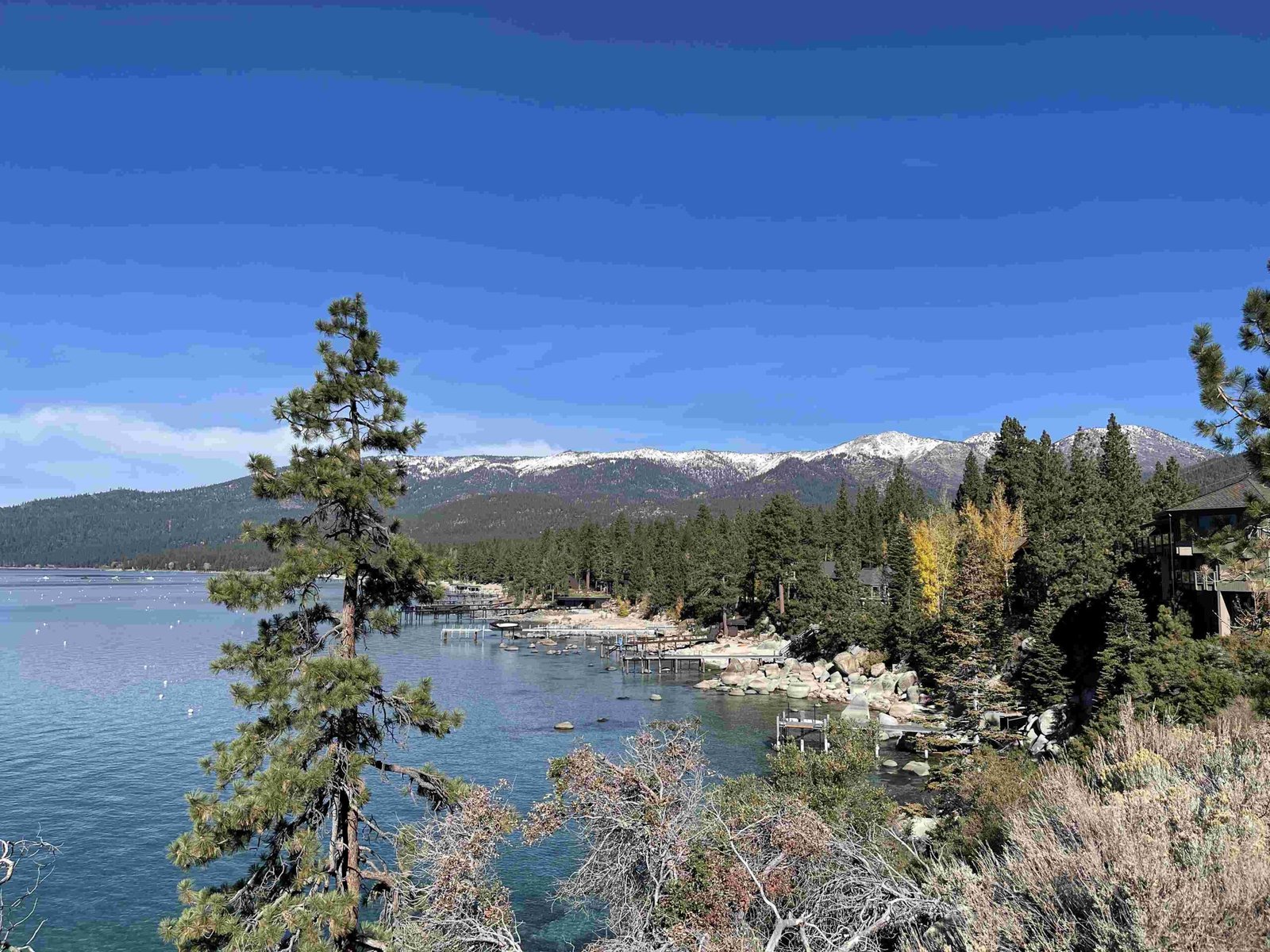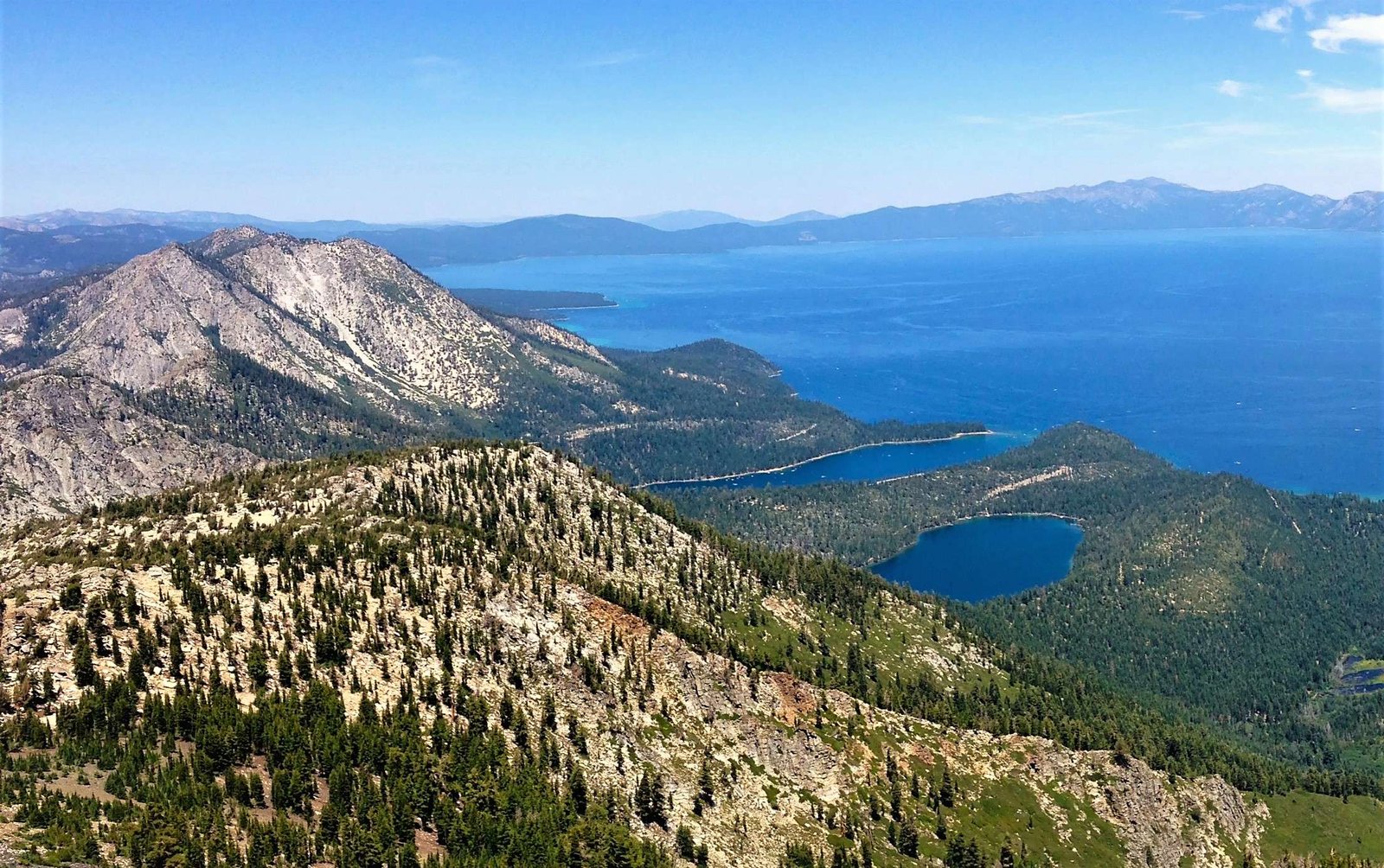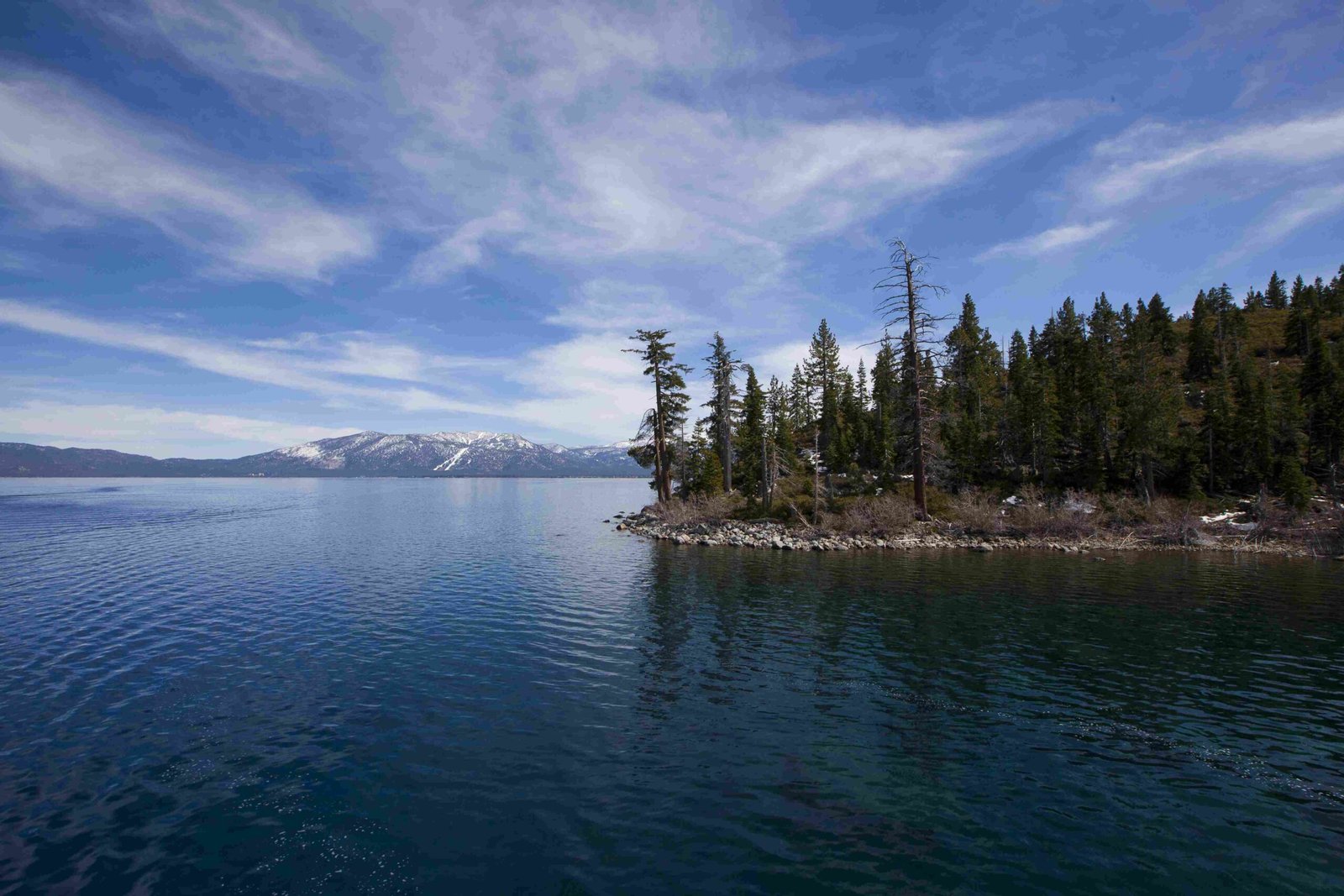The Castle Rock Trail in Lake Tahoe offers adventurers a mesmerizing 2.7-mile hiking experience that combines moderate terrain challenge, spectacular panoramic views of Lake Tahoe and surrounding wilderness, and unique geological formations. Nestled near Stateline, Nevada, this trail provides hikers with an unforgettable journey through diverse landscapes, featuring elevation gains, rock scrambling opportunities, and breathtaking vistas that capture the essence of Lake Tahoe’s natural beauty.
What Makes Castle Rock Trail Unique?

Castle Rock Trail represents a quintessential Lake Tahoe hiking experience, blending natural beauty with moderate physical challenge. Hikers can expect:
- Total Distance: 2.25 to 2.7 miles
- Elevation Gain: Approximately 525 feet
- Difficulty Level: Moderate with some Class 3 scrambling
- Best Season: Late spring through early fall
Where Is the Trailhead Located?
The Castle Rock Trail trailhead is strategically positioned for easy access:
| Location Detail | Specifics |
|---|---|
| Starting Point | End of Andria Drive, near Stateline, NV |
| Parking | Dirt turnout with multiple parking spaces |
| Access Route | Kingsbury Grade (SR 207), turn left on North Benjamin Drive |
How Challenging Is the Trail?

Castle Rock Trail offers a balanced hiking experience suitable for various skill levels. The trail begins with a dirt road transition into a single-track trail, gradually ascending through hillside terrain. Hikers will encounter:
- Hard-packed soil paths
- Rock scrambling sections
- Potential wildlife encounters
- Steep but manageable elevation gains
What Views Can Hikers Expect?
The trail’s pinnacle offers extraordinary visual rewards:
- Panoramic Lake Tahoe perspectives
- Desolation Wilderness vista
- Carson Valley landscape
- Sunset photography opportunities
What Should Hikers Prepare?
Essential preparation includes:
- Sturdy hiking boots
- Water and snacks
- Sun protection
- Bear safety awareness
- Navigation tools
- Light layers for temperature changes
Are There Wildlife Considerations?
Hikers must be mindful of local wildlife:
- Potential bear activity in the area
- Peregrine Falcon nesting zones
- Seasonal wildlife movement patterns
What Photography Opportunities Exist?
Castle Rock Trail provides exceptional photographic moments:
- Panoramic lakeside views
- Rock formation close-ups
- Sunset silhouette landscapes
- Wildlife and flora documentation
Trail Safety and Best Practices
- Stay on marked trails
- Carry emergency communication devices
- Inform someone about your hiking plans
- Check weather conditions beforehand
- Respect wildlife and natural environment
When Is the Best Time to Hike?
Optimal hiking periods include:
- Late May through early October
- Summer months for consistent weather
- Early morning or late afternoon for cooler temperatures
- Avoid peak midday heat
Additional Trail Tips
- Bring sufficient water
- Wear appropriate hiking attire
- Use trekking poles for stability
- Start early to avoid afternoon heat
- Check trail conditions before departure
Reference:
– Tahoe Trail Guide
– NV Trail Finder
– Visit Lake Tahoe

